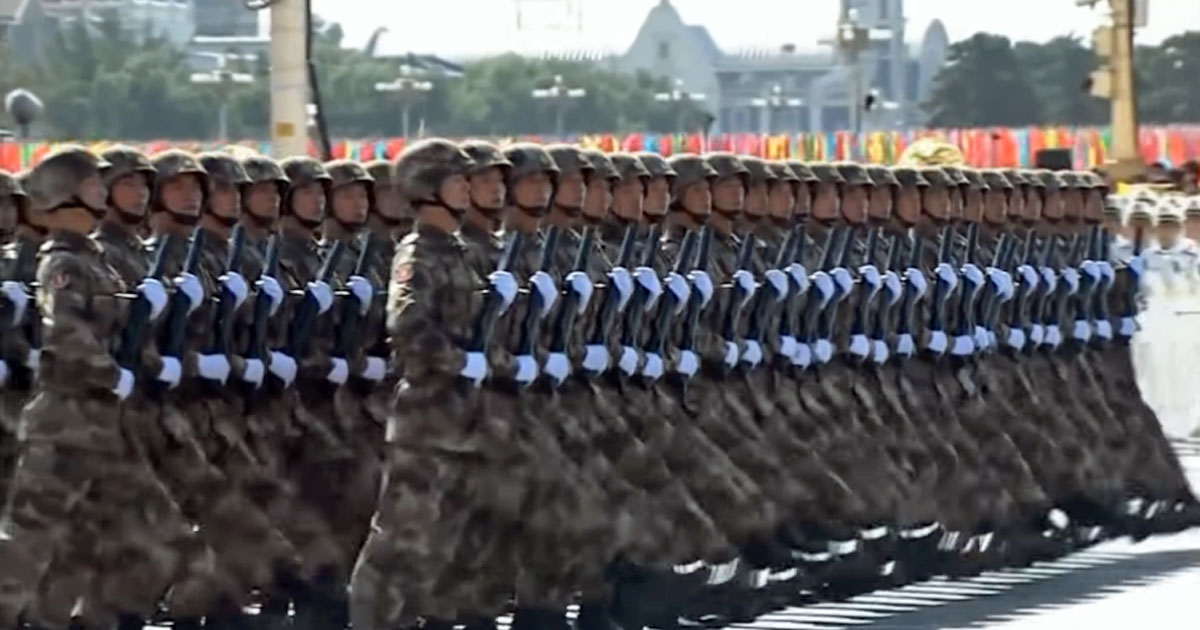Beijing could send the Chinese military into Hong Kong to keep protests under control and maintain social order, the South China Morning Post reported on July 24, 2019.
Even more surprising news to the uninitiated: This could be done at the request of the Hong Kong government.
Beijing observing developments in Hong Kong
Wu Qian, a spokesman for China’s defence ministry, said on Wednesday, July 24, 2019: “We are closely following the developments in Hong Kong, especially the violent attack against the central government liaison office by radicals on July 21.”
“Some behaviour of the radical protesters is challenging the authority of the central government and the bottom line of one country, two systems. This is intolerable.”
He made these comments at a briefing on Wednesday to introduce China’s new defence white paper.
Option of asking for military help
The Sunday siege of the mainland government’s liaison office in Hong Kong has been viewed by Beijing as more than just an act of vandalism.
It is now characterised as a challenge to the fundamental "one country, two systems" principle.
Without elaborating, Wu said that “Article 14 of the garrison law has clear stipulations”.
His response came after he was asked how China's defence ministry would handle events in Hong Kong and the independence forces.
What is "garrison law"?
The garrison law became effective on July 1, 1997.
This was the date of the handover of Hong Kong from Britain to China.
Article 14 states that the Hong Kong government can ask the central government for assistance from the People’s Liberation Army’s (PLA’s) Hong Kong garrison for the maintenance of public order and disaster relief.
This is in accordance with the Basic Law, which is the Hong Kong city’s mini-constitution.
The Hong Kong government can approve requests for military aid and the Hong Kong garrison would send troops to carry out the task, then immediately return to their station.
The Hong Kong government will even have a say in the arrangements to carry out the required task.
What does it mean for Hong Kong now?
SCMP quoted at least one analyst who said the China defence spokesman's remarks are "noteworthy".
This was so as it marked a change in tone from before, where the long-standing understanding was that PLA’s Hong Kong garrison would not interfere in the affairs of Hong Kong, given that the city's government was in charge and capable of handling its own issues.
The subtlety in the change of tone can serve as a warning.
An advice the analyst provided was for the anti-government protesters to avoid attacking the facilities of the central government’s liaison office and the PLA garrison.
The analyst also said Beijing is concerned about interference in Hong Kong affairs by foreign and external forces, so it is using the existence of the PLA in the city to imply that it could play a role, which is still in accordance with the laws.
If you like what you read, follow us on Facebook, Instagram, Twitter and Telegram to get the latest updates.
